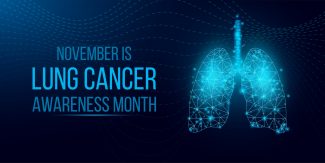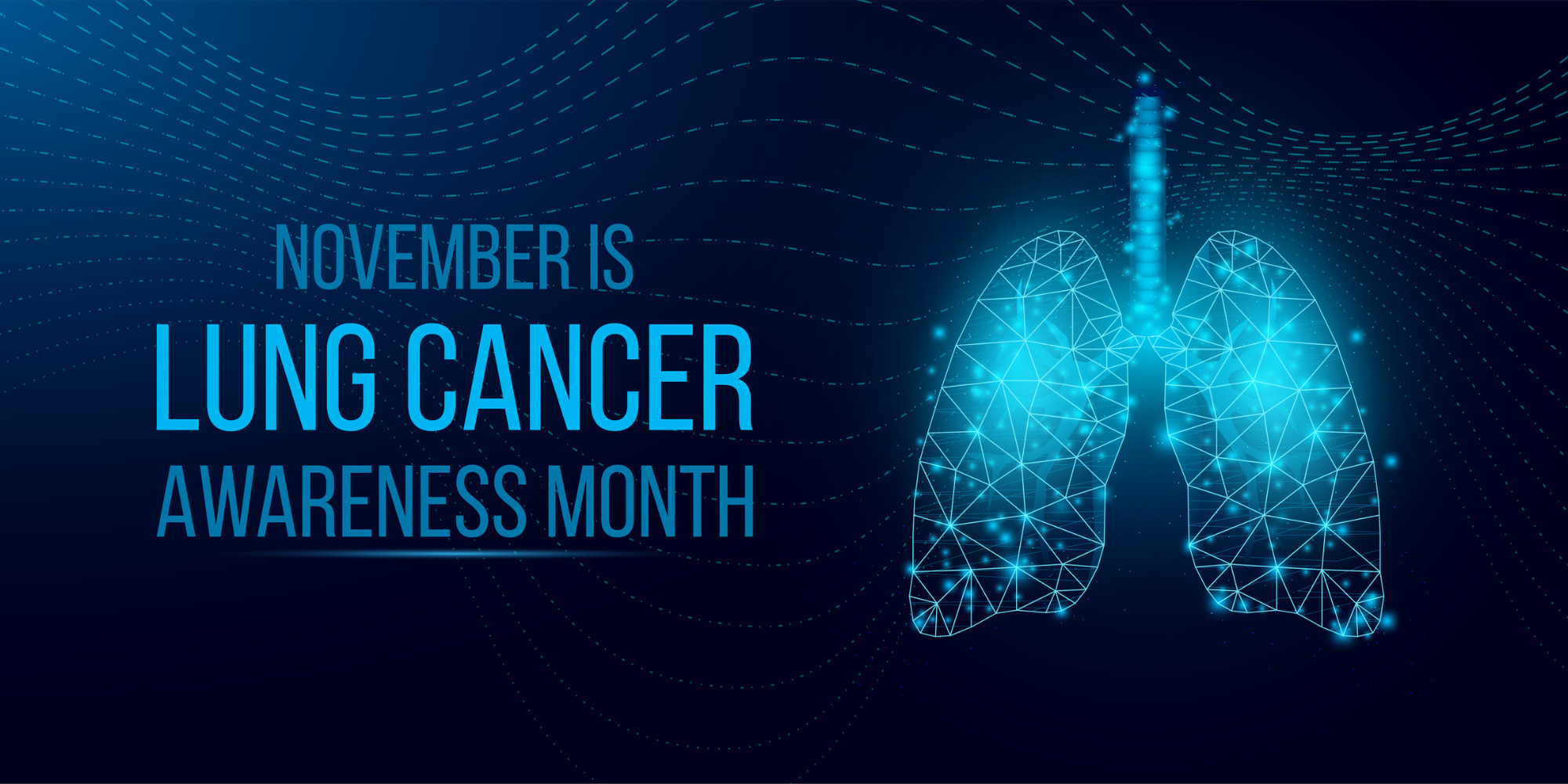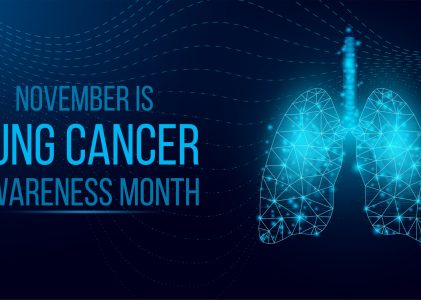 We all know smoking is bad for our health, but did you know smoking cigarettes is the cause of almost 9 out of 10 lung cancer diagnoses? Furthermore, tobacco smoke has more than 7,000 chemicals, hundreds of those being toxic, and approximately 70 of them can cause cancer. According to the Centers for Disease Control and Prevention, CDC, more men and women die from lung cancer than any other cancer in the United States.
We all know smoking is bad for our health, but did you know smoking cigarettes is the cause of almost 9 out of 10 lung cancer diagnoses? Furthermore, tobacco smoke has more than 7,000 chemicals, hundreds of those being toxic, and approximately 70 of them can cause cancer. According to the Centers for Disease Control and Prevention, CDC, more men and women die from lung cancer than any other cancer in the United States.
Secondhand Smoke is Equally Dangerous
Secondhand smoke is just as dangerous to people who do not smoke. People are exposed to secondhand smoke when they are near someone who is smoking tobacco products like cigars, cigarettes, pipes, or even hookahs, and inhale the smoke burning from the product or when they inhale the smoke being exhaled by the smoker.
Laws for smoke-free workplaces and public areas were put in place to protect those who do not smoke. Research has shown that people who do not smoke but are exposed to secondhand smoke were at a 20-30% increased risk of getting lung cancer.
How Secondhand Smoke Affects Children
Children are typically exposed to secondhand smoke in their homes and vehicles. Infants and babies are especially vulnerable when it comes to secondhand smoke because their little bodies are still growing. Other effects on children include:
- Infants exposed to secondhand smoke are at higher risk of dying from sudden infant death syndrome (SIDS) than babies who are not exposed
- Children and babies exposed to secondhand smoke get sick with pneumonia, ear infections, and bronchitis more often than children not exposed
- Babies exposed in the womb to secondhand smoke tend to grow up with weaker lungs
- Secondhand smoke can also trigger asthma attacks in children
It is important to understand that smoking in a different room within the home does not prevent secondhand smoke exposure. Smoke travels underneath doors, through cracks and windows, and through ventilation systems. Smoking in a room with an open window or using a fan does not protect others from secondhand smoke. If you live in an apartment building, secondhand smoke easily travels between apartments causing exposure to many units. The smoke from a single cigarette can stay in a room for many hours. Air purifiers do not eliminate secondhand smoke.
How Secondhand Smoke Affects Adults
For people who have never smoked themselves, exposure to secondhand smoke may still cause:
- Lung cancer
- Stroke
- Heart disease
Damage to your blood vessels and heart can be caused by brief secondhand smoke exposure.
E-Cigarettes Can Cause Cancer
Even though e-cigarettes do not put off smoke, they do put off an aerosol that contains cancer-causing agents heavy in metals like lead, tin, and nickel. E-cigarettes are never safe for teens, young adults, pregnant women, or anyone who does not typically use tobacco.
Symptoms of Lung Cancer
People experience symptoms of lung cancer differently. Coughing and chest pain are possible symptoms of lung cancer, but some people may have an overall sense of not feeling well. Unfortunately, most people will not experience symptoms of lung cancer until the cancer is in its advanced stages. Possible symptoms of lung cancer can include:
- Shortness of breath
- Chest pain
- Persistent or worsening cough
- Fatigue
- Sudden weight loss
- Wheezing
- Coughing up blood
Lung cancer can present symptoms that could be other illnesses, so it is important to speak with your physician if you have any of these symptoms.
Be Aware of Radon in Your Home
Radon is a gas that occurs naturally in rocks and soil and dissolves in groundwater. It has no taste, no smell, and cannot be seen. It can travel in the air from gaps and cracks in the foundation of homes and buildings. An alarming statistic is that one in fifteen homes is positive for high levels of radon.
Radon is responsible for 20,000+ lung cancer deaths in the United States each year and is the second leading cause of lung cancer. Having your home tested for radon could save lives.
Lung Cancer Screening
Lung cancer screening does come with some risks, which is why it is important to speak with your doctor if you feel you are at risk or are having any symptoms. Screenings are recommended for adults at high risk for developing lung cancer due to their age and smoking history and who do not have any health conditions that limit their ability to undergo lung surgery or could shorten their overall life expectancy.
Greater Waterbury Imaging Center (GWIC) employs highly trained, compassionate staff and MR technologists who care about your overall personal health. We encourage you to speak with your healthcare physician regarding your health, symptoms, and risks. Contact us today to learn more about our MRI services.


